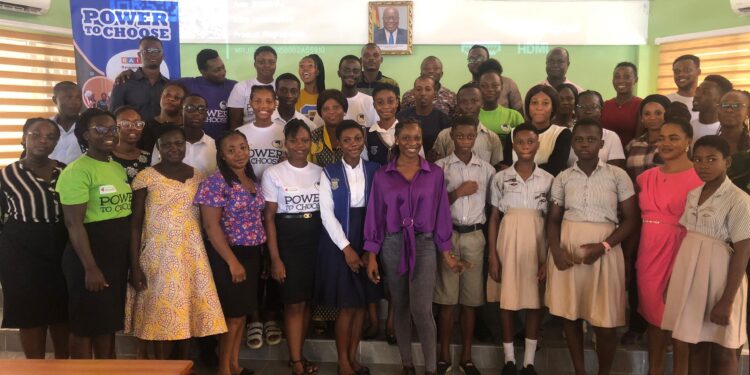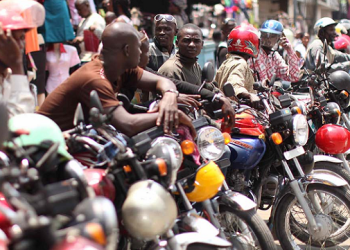SEND Ghana Foundation, a subsidiary of SEND Foundation of West Africa, has recommended to the Ministry of Education and stakeholders to ensure water sanitation and WASH facilities in public schools to solve menstrual challenges among adolescent girls in Ghana.
The recommendation was revealed in a research led by young advocates who assessed the impact of period poverty on the academic pursuit and psychological well-being of adolescent girls and young women in the country.
According to the findings of the research, schools in the Greater Accra, Central, Northern and North East Regions do not have adequate water and sanitation facilities, as well as washrooms and changing rooms to support girls during their menstruation.
The research also found that the highest source of information and education about menstruation comes from teachers and not parents.
Speaking at a district-level dialogue on period poverty in Cape Coast, a member of the research group, Theophilus Ntiaah indicated that these shortfalls do not support the girls to have dignified menstruation while in school.
He said these bring discomfort embarrassment and shame to the menstruating students leading to absenteeism, poor academic performance and potential dropouts.
He added “The girls and women were at risk of experiencing depression and mental health issues due to economic hardships related to accessible, quality and affordable menstrual products.
To him, this underscores the necessity for more affordable and subsidized menstrual products for girls especially those living in marginalized communities and low-income houses.
The Metropolitan Coordinating Director of the Cape Coast Metropolitan Assembly, Sumana Adam Braimah also raised concerns about the management of water facilities at public schools.
He opined that water in public schools should be solely for student’s use adding that the metropolis will not tolerate the wastage of water facilities.
Sumana Adam Braimah expressed “if the water is not well regulated, it will be difficult for assembly to absorb it because it will make it difficult for us to do other programmes and activities if we want to concentrate on the water.”
He called on teachers and students to make good use of the water facilities provided for them and use it for their intended purposes.
He further urged parents and guardians to invest more in menstrual hygiene and support their young daughters during their menstruation.
“We don’t know we may have a female president coming from one of them so let’s give them the necessary attention.” He added.
Read also: CCTH Blood Donor Organizer Urges Early Blood Donation for Health Benefits
Source: Angelina Riley Hayford/ATLFMNEWS


























